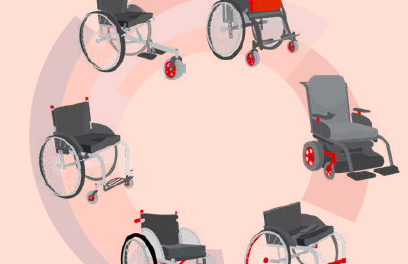In a landmark shift, the American Academy of Pediatrics (AAP) announced on Monday that individuals with HIV can safely breastfeed their babies, provided they are on medications that effectively suppress the virus. This decision marks a significant departure from the organization’s longstanding recommendations dating back to the 1980s.
The AAP’s new report, led by Dr. Lisa Abuogi, a pediatric HIV expert at the University of Colorado, highlights that antiretroviral therapy can reduce the risk of HIV transmission through breast milk to less than 1%. “The medications are so good now and the benefits for mom and baby are so important that we are at a point where it is important to engage in shared decision-making,” said Dr. Abuogi.
While antiretroviral therapy doesn’t eliminate all risk, avoiding breastfeeding remains the only surefire way to prevent HIV transmission. Additionally, exclusive breastfeeding for the first six months is crucial, as alternating between breast milk and formula can increase the risk of infection by disrupting the infant’s gut.
Approximately 5,000 people with HIV give birth in the U.S. each year, and nearly all take medications to maintain very low viral levels. In the early 1990s, around 2,000 infants contracted HIV annually through breastfeeding. Today, that number has dropped to fewer than 30, thanks to the availability of effective antiretroviral drugs, noted Dr. Lynne Mofenson of the Elizabeth Glaser Pediatric AIDS Foundation.
The AAP’s policy follows updated guidance from the National Institutes of Health and the Centers for Disease Control and Prevention, which now recommend that individuals with consistent viral suppression be informed about their breastfeeding options. This shift also advises against involving child protective services if a parent with HIV chooses to breastfeed.
Breastfeeding offers numerous health benefits for both infants and mothers, including optimal nutrition, protection against various illnesses, and reduced risks of certain cancers and chronic conditions. Since 2010, the World Health Organization has advocated breastfeeding for women with HIV in developing countries, given the severe risks associated with malnutrition and lack of safe alternatives.
Despite these global recommendations, individuals with HIV in developed countries often faced strict prohibitions against breastfeeding, causing frustration and emotional distress. Ci Ci Covin, a 36-year-old from Philadelphia, shared her experience of being denied the option to breastfeed her first child, leading to postpartum depression. With her second child, Covin successfully breastfed for seven months under medical guidance, highlighting the critical role of healthcare support.
Dr. Abuogi emphasized the importance of the AAP’s new guidelines for healthcare providers working directly with families. Many practitioners had already been assisting HIV-positive parents in breastfeeding, and this official endorsement aims to broaden and normalize the practice swiftly.
“This is a unique situation because it’s not just doctors and providers who are changing,” said Dr. Abuogi. “Our patients are pushing this as well.”
The updated guidance represents a significant step towards empowering individuals with HIV to make informed decisions about breastfeeding, reflecting advancements in medical treatments and a commitment to patient-centered care.











